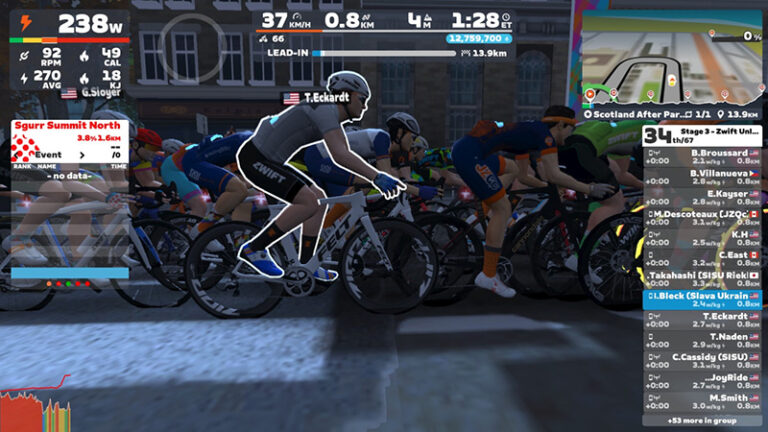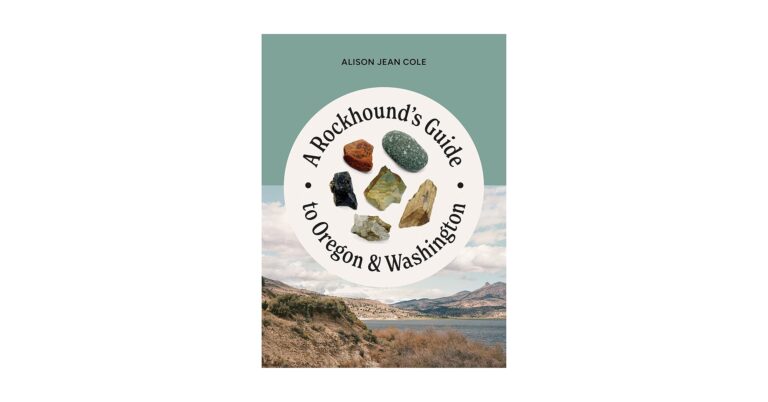Dangerous Astronomy
Sherman Alexie
Limberlost Press, 2005 (Hand-sewn, letterpressed)
Limberlost Press, a small publisher in Boise, Idaho, has gathered together ten of Sherman Alexie’s poems in Dangerous Astronomy. Perhaps Alexie’s poetry is best known for fierce and insightful attacks against the eradication of Native American culture and history. In One Stick Song, for example, Alexie employed a Whitmanic line to give fluid energy to these injustices. Earlier books used similar poetic techniques to create the appearance of a lack of artifice, a casual yet authoritative tone that reinforce the speaker’s ethos to speak against the dominant culture.
In Dangerous Astronomy, Alexie rarely revisits this cultural battle in the explicit terms of his other books. This collection has at its core an elegiac exploration of what it is to be a parent and a son. Alexie skillfully handles this emotionally charged material-whether he’s writing about a speaker’s estranged relationship with a father or the all-consuming emotions that besiege a parent at the thought of losing a child. These ten poems are some of his best, and Limberlost Press should be praised for gathering them in one book.
For example, “Avian Nights” melds together two narrative threads; the first considers the extermination of a nest of starlings in the speaker’s attic; the second considers the illness of the speaker’s child. The parallel builds to a questioning conclusion:
Tell me: What is the difference between
Birds and us, between their pain and our pain?
We build monuments; they rebuild their nests.
They lay other eggs; we conceive again.
Dumb birds, dumb women, dumb starlings, dumb men.
This poem, like the others in this book, is written in “closed” or traditional form; that is, the lines of poetry are arranged in stanzas, frequently with rhyme (sometimes slant rhyme; other times whole rhyme). Simply, Alexie appropriates the formal structures of the dominant culture that he’s so frequently criticized and makes it his own. Fans of Alexie will recognize this collection as a unified triumph; newcomers to his poetry will appreciate the keenly considered subject matter and the formal control.
Tod Marshall
Zinn and The Art of Mountain Bike Maintenance
Lennard Zinn
Velo Press, 2nd Edition, 2005 336 pages
Lennard Zinn, a mountain bike frame builder, pro bike mechanic and a contributor to Velo News magazine has been passionate about passing on his years of bike knowledge to anyone that wants to learn how to maintain their mountain bike and have a good understanding of how it works. Zinn & the Art of Mountain Bike Maintenance has been his outlet for sharing this information since 1996-he is now on his second edition.
In his latest revised version-with over 360 illustrations explaining to you the mountain bike-he shows basic step-by-step bike maintenance; how to choose a bike, including fitting and sizing; quick fixes when stuck out on the trail; trouble shooting the hardest fixes; complete torque tables and anything else you are questioning about that off-road machine. Zinn is very good at taking you incrementally through the learning process whether you are a beginner or expert mechanic.
One thing to keep in mind when purchasing this book, Zinn won’t come out and fix it for you or fix what you messed up. The tools you have in your garage are only as good as you are with them-in other words, if you question anything that involves the mechanics of your bike, take it to your local bike mechanic. Also if you just purchased a bike, don’t work on it; take it into the shop you purchased it at and take advantage of the warranty that came with it. This book will make for a great shop reference or a great gift for your bike junky friend.
Ben Tobin
Deep Water: The Epic Struggle Over Dams, Displaced People, and the Environment
Jacques Leslie
Farrar, Straus & Giroux, 2005 352 pages
What do an Indian anti-dam activist, an American dam consultant with a conscience and an Australian water resource manager have in common? Probably not much if it wasn’t for Jacques Leslie’s Deep Water: The Epic Struggle Over Dams, Displaced People, and the Environment. Leslie paints a grim picture of the social and environmental impacts large dams can have by following three points of view on what has only recently become a debatable question: to dam or not to dam.
If our own dam drama here in the Northwest has got you fired up one way or another, check this book out for a bit of global-historical context on the issue of impacts and trade-offs. It might also make a sobering Earth Day gift for that annoyingly optimistic friend or loved one with an unshakable faith in the neo-liberal development model.
Leslie’s intent with the book was, “to see dams whole, and in doing so to glimpse the fate of the earth.” In that, he succeeds by giving the reader a voyeur’s view into the hearts and minds of three people who eat, sleep and breathe dams and their accompanied development. From India, to Africa and Australia, the damage dam building has caused to people and nature is well-documented and staggering: dozens of fish species extinct here, whole ecosystems collapsing there and millions of human reservoir refugees pushed off ancestral lands without compensation.
The book tore me from my own little world in sudden, harsh blows of reality that nearly ruined my day at several points, but left me feeling oddly hopeful at the same time. If this book really is a glimpse of the fate of the earth as Leslie had hoped, and you’re the type of person that, say, believes the notion that humans have a hand in the warming of the planet is haughty rubbish, I suggest you stop reading now and stick your head back wherever you typically keep it. But if you’re in for an environmental wake-up call that’s powerful, yet not preachy, then this book’s for you.
Deep Water is also recommended reading for our Governor and every Washington State Representative and Senator who recently voted for a water plan that could mean new dams on several Eastern Washington streams.
Derrick Knowles













